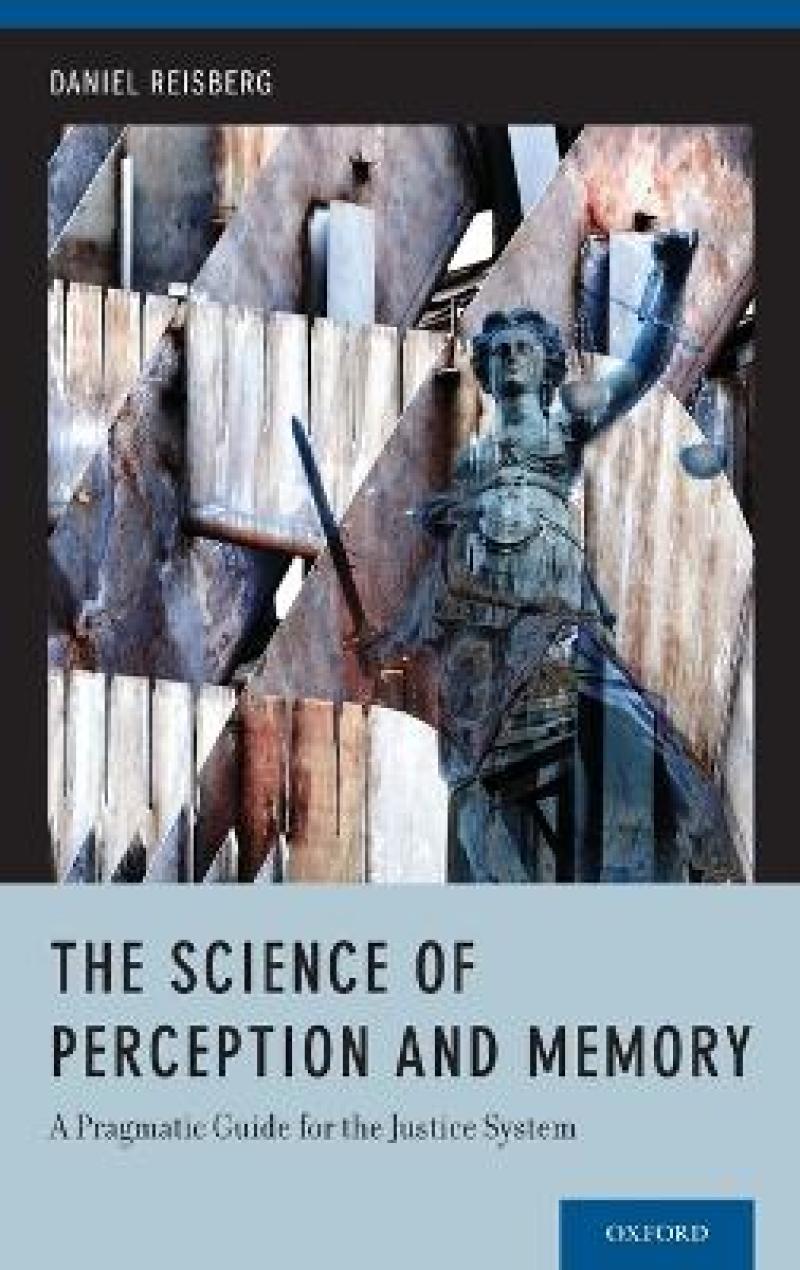"This small, information-rich volume is essential for the library of everyone who cares about the accuracy of witness evidence. Professor Daniel Reisberg provides a comprehensive and comprehensible handbook for understanding how we observe, remember, and recall information that may be critical in a legal proceeding. The book offers not only an overview of the scientific method and its use in the study of memory and perception, but also a strong argument for its
utility in the legal system in the search for justice. The book is organized logically [and] the author's wry humor sprinkles an occasional smile into the text. This book is an invaluable contribution
to a responsible, reasoned, and well-informed use of science in the justice system." --Susan Elizabeth Reese, The Champion
"This book does a masterful job of conveying science in an accessible yet erudite way. [J]udges, attorneys, and policymakers without formal training in the sciences or experience in reading social scientific research will find its insights accessible and its conclusions useful. But what really sets this volume apart from others like it and from edited books is that even readers like me, who conduct the foundational research and think hard about how it can
inform legal processes and procedures (as well as those with only a passing interest), will be engaged by Reisberg's efforts. Daniel Reisberg has done a great service to attorneys, judges, investigators,
policymakers, and anyone else interested in the workings of the justice system and open to current thinking about how psychological science can be used to make it more efficient and fair. That he can also engage, instruct, and inspire researchers like myself makes Reisberg's contribution all the more impressive." -- PsycCRITIQUES
Les mer
